A herniated disc can feel like a roadblock to your daily routine, causing discomfort that limits your mobility and quality of life. These spinal issues are more than just a physical challenge—they disrupt the delicate balance of your spine’s microenvironment, where nerves, discs, and surrounding tissues work together to support your body.
From a chiropractor’s perspective, recovery involves more than addressing pain; it’s about restoring this balance and promoting long-term spinal health. By understanding the underlying factors that contribute to herniated discs, chiropractic care focuses on targeted adjustments, therapies, and lifestyle guidance to help you heal naturally and effectively.
Whether you’re experiencing a new injury or dealing with chronic discomfort, learning how the spine’s microenvironment influences recovery is key to finding relief. Let’s explore how chiropractors approach herniated discs and why their holistic methods can play a vital role in getting you back to feeling your best.
How does a herniated disc impact the spine’s microenvironment?
A herniated disc can significantly impact the spine’s microenvironment, affecting the surrounding tissues’ structure and function. Here are some key ways it influences the spinal microenvironment:
- Nerve Compression: When a disc herniates, the inner gel-like material (nucleus pulposus) protrudes and can compress nearby spinal nerves. This compression can lead to pain, tingling, or numbness in the extremities, disrupting normal nerve function.
- Inflammation: The herniated material can trigger an inflammatory response in the surrounding tissues. Inflammation can cause swelling and further irritation of nerves, exacerbating pain and discomfort.
- Altered Biomechanics: A herniated disc can lead to changes in the spine’s biomechanics. Compensatory movements or postures may develop to avoid pain, potentially causing additional stress on adjacent discs, joints, and muscles.
- Reduced Nutrient Flow: Intervertebral discs rely on a healthy microenvironment for nutrient exchange. Herniation can disrupt the normal flow of nutrients and waste products, affecting the disc’s health and hydration.
- Muscle Imbalances: Pain and dysfunction associated with a herniated disc can lead to muscle imbalances, where certain muscles become overactive while others weaken. This imbalance can further compromise spinal stability and contribute to ongoing issues.
A herniated disc creates a cascade of effects within the spinal microenvironment, necessitating a comprehensive approach to treatment and recovery.
What role does a chiropractor play in the recovery process for herniated discs?
A chiropractor plays a crucial role in the recovery process for herniated discs, focusing on alleviating pain, restoring function, and promoting overall spinal health. Here are some key aspects of a chiropractor’s role:
- Comprehensive Assessment: Chiropractors begin with a thorough evaluation of the patient’s medical history, symptoms, and physical condition. This assessment helps determine the extent of the herniation and any contributing factors.
- Spinal Adjustments: Chiropractors perform spinal manipulations to restore alignment and reduce pressure on the affected disc and surrounding nerves. These adjustments can alleviate pain and improve mobility.
- Pain Relief Techniques: In addition to adjustments, chiropractors may utilize various modalities such as ice/heat therapy, electrical stimulation, and ultrasound to reduce inflammation and promote healing.
- Rehabilitation Exercises: Chiropractors often prescribe specific exercises to strengthen the muscles supporting the spine, improve flexibility, and enhance overall stability. These exercises can help prevent future injuries.
- Education and Lifestyle Advice: Chiropractors guide patients on posture, ergonomics, and lifestyle modifications to minimize strain on the spine. Proper body mechanics education is crucial for long-term recovery.
- Holistic Approach: Chiropractors address recovery’s physical and emotional aspects, helping patients manage pain and stress through holistic care and support.
Through these interventions, chiropractors play an essential role in helping patients recover from herniated discs and achieve optimal spinal health.
Can the spine’s microenvironment affect the healing of a herniated disc?
Yes, the spine’s microenvironment plays a significant role in the healing process of a herniated disc. Several factors within this environment can either facilitate or hinder recovery. Here’s how the microenvironment affects healing:
- Nutrient Supply: The intervertebral discs rely on a healthy microenvironment to exchange nutrients and waste. Adequate blood flow and hydration are crucial for delivering nutrients that promote healing. Disruption in this flow can impede recovery.
- Inflammatory Response: When a disc herniates, inflammation occurs in the surrounding tissues. An optimal microenvironment helps regulate this inflammatory response. Excessive inflammation can lead to further nerve compression and pain, delaying healing.
- Biomechanics: The spine’s alignment and movement patterns influence the microenvironment. Poor biomechanics can cause additional stress on the affected disc and adjacent structures, affecting healing. Proper spinal alignment is essential for optimal healing conditions.
- Muscle Function: Healthy muscles surrounding the spine provide stability and support. Muscle imbalances or weakness can create an unfavorable microenvironment, contributing to ongoing pain and dysfunction.
- Psychological Factors: A patient’s mental and emotional state can influence the microenvironment. Stress and anxiety may exacerbate pain perception, while a positive mindset can enhance recovery.
Maintaining a balanced and healthy microenvironment is crucial for effectively healing a herniated disc, highlighting the importance of comprehensive treatment approaches.
How do chiropractic adjustments aid recovery from herniated discs?
Chiropractic adjustments play a vital role in the recovery process from herniated discs by addressing both the physical symptoms and underlying causes of pain. Here’s how these adjustments aid in recovery:
- Spinal Alignment: Chiropractic adjustments help restore proper alignment to the spine, reducing pressure on the affected disc and surrounding nerves. This realignment can alleviate pain and improve overall spinal function.
- Pain Relief: Adjustments can significantly reduce pain associated with herniated discs by easing muscle tension and improving mobility. Patients often report immediate relief following chiropractic treatment.
- Enhanced Mobility: Chiropractic adjustments improve spinal alignment and reduce pain, increasing the range of motion in the spine. This enhanced mobility allows patients to engage in rehabilitation exercises that support recovery.
- Nerve Function Improvement: Correcting spinal misalignments can relieve nerve compression and improve brain and body communication, helping to reduce symptoms such as tingling, numbness, or limb weakness.
- Muscle Relaxation: Chiropractic care often includes techniques that target tight muscles around the spine, promoting relaxation and reducing spasms, which can contribute to discomfort.
- Holistic Approach: Chiropractors provide lifestyle and ergonomic advice alongside adjustments, helping patients make changes that support their recovery and prevent future injuries.
Chiropractic adjustments are a key component of a comprehensive treatment plan for herniated discs. They promote healing and improve quality of life.
Explore Chiropractic Care for Herniated Disc Relief!
At Collective Chiropractic, we specialize in effectively relieving herniated discs through personalized chiropractic care. Our experienced team employs various techniques, including spinal adjustments and soft tissue therapies, to alleviate pain, improve mobility, and promote healing.
We understand the challenges of living with a herniated disc and are dedicated to addressing both the physical and emotional aspects of your condition. With a holistic approach tailored to your unique needs, we empower you to regain your quality of life. Don’t let pain hold you back—contact us today to schedule your consultation!
